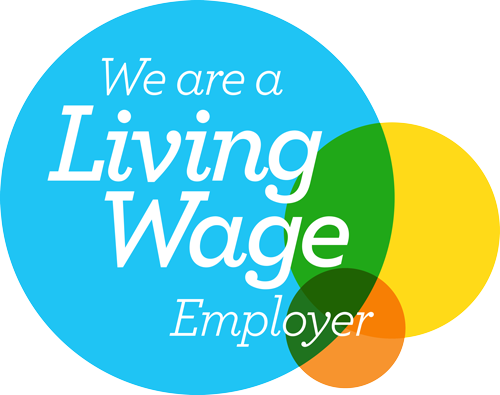The link between hormone replacement therapy (HRT) and breast cancer risk has been a controversial and highly disputed subject for many years. However, this week, the results of a large study into the effect of HRT on breast cancer risk have been published and have been championed by the media answering the question once and for all. But is it that clear-cut?
Breakthrough Generations Study
The findings of the 100,000-participant study – which is part of the larger Breakthrough Generations study by The Institute of Cancer Research – show that a woman’s risk was roughly tripled after 15 years’ use of combined HRT (oestrogen and progesterone). However, there was no increased increase risk in women using oestrogen-only HRT – results which are similar to several previous studies – and, importantly, the risk increase among those who took combined HRT for under five years was relatively minimal.
HRT is used to control uncomfortable symptoms which come on during or soon after the menopause, such as hot flushes and night sweats. In view of the longer term risks of breast cancer, medical opinion is that the smallest dose should be for as short a period as possible to the control of symptoms.
A major problem for the public perception of HRT is that most studies, including this one, report on long-term use of HRT often in older women, who naturally have a higher risk of breast cancer and heart disease. Almost all studies compare women taking HRT with those who don’t, which can lead to bias, therefore calling their significance into question. This can be prevented by randomised trials where half of the participants take HRT and the other half take a placebo.
Women’s Health Initiative (WHI) trial
The largest randomised trial ever performed was the Women’s Health Initiative (WHI) trial in the USA. The average age of entry into this study was 63 years and, in older women, HRT was found to be significantly detrimental. However, in women in their 50s treated short-term at or soon after the menopause, the results were similar to the Breakthrough Generations Study, showing only a small increase in breast cancer risk with combined HRT and a reduction in risk with oestrogen-only HRT.
The WHI trial was reported in 2002/3, with a focus on the negative impact of HRT on older women, and led to a dramatic reduction in the use of HRT in women overall. As a result, women in the early menopause, whose risk of breast cancer wouldn’t have been increased significantly, were subject to enhanced symptoms. A debate over the use of HRT has therefore rolled on for over a decade as the pros and cons are weighed up and researched.
To HRT or not to HRT?
While this most recent study does demonstrate increased risk of breast cancer in women who take HRT long-term, this isn’t a new finding and women should be careful not to cause themselves extreme discomfort through the complete avoidance of HRT.
At Prevent Breast Cancer, we believe women should be fully informed of the side-effects associated with HRT use and, if needed, use the smallest dose for the shortest possible time, in accordance with NICE guidelines.
About Prevent Breast Cancer
Prevent Breast Cancer is the only UK charity entirely dedicated to the prediction and prevention of breast cancer – we’re committed to freeing the world from the disease altogether. Unlike many cancer charities, we’re focused on preventing, rather than curing. Promoting early diagnosis, screening and lifestyle changes, we believe we can stop the problem before it starts. And being situated at the only breast cancer prevention centre in the UK, we’re right at the front-line in the fight against the disease. Join us today and help us create a future free from breast cancer. If you have any questions or concerns, email us today.




